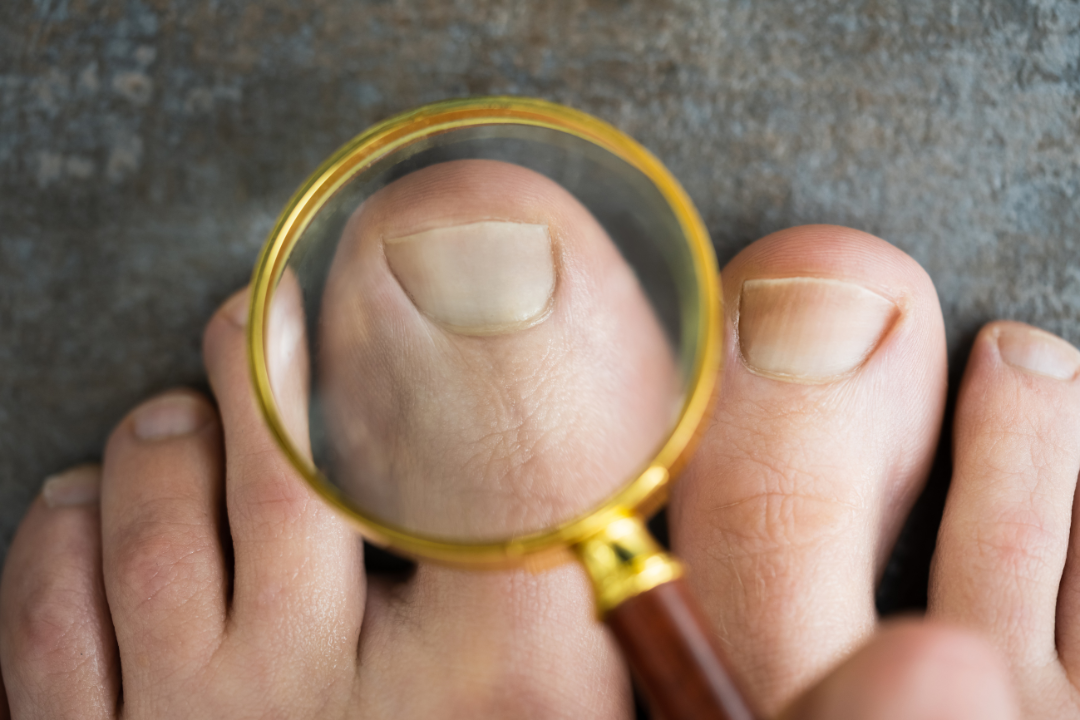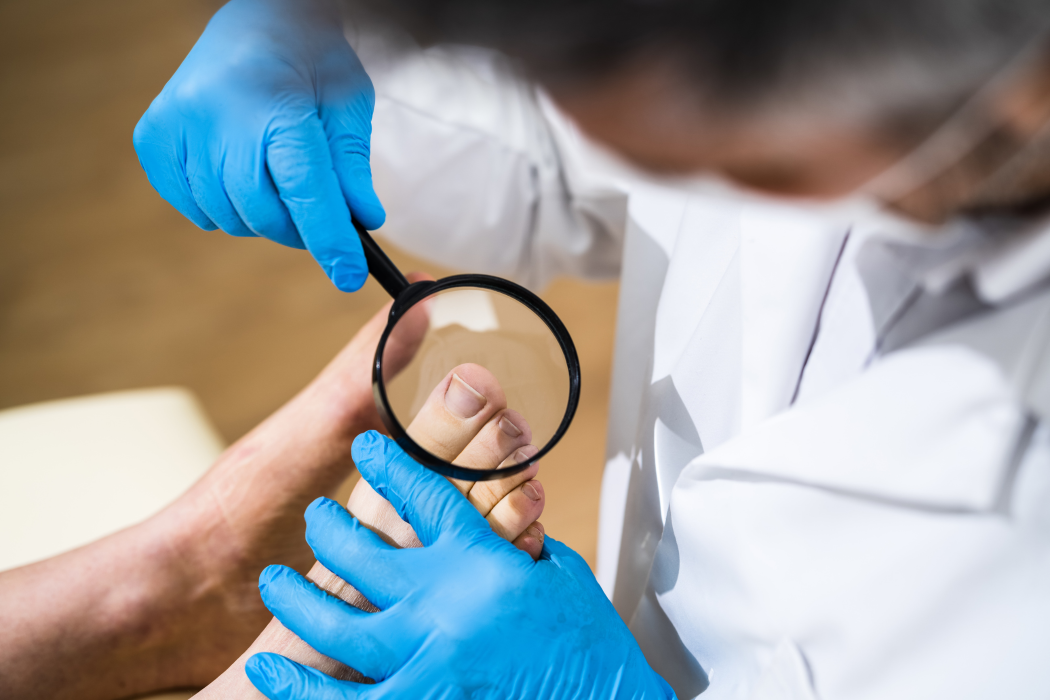


When you think of foot problems, summer usually comes to mind and so does blisters from sandals, sunburns, or barefoot beach walks. But winter can be just as tough on your feet, and in some cases, even more so.
.png)
This Mother’s Day, consider a practical, medically safe, and confidence-boosting gift: a professional KeryFlex nail restoration treatment. It’s a simple, effective, and medically safe way to instantly transform the appearance of toenails.

We treat a lot of ingrown toenails here at the Auckland Ingrown Toenail Clinic. So, with approximately 10% or more of the adult population harbouring a fungal nail infection, it’s not uncommon that we see many ingrown toenails where a stubborn nail fungus has also infiltrated the nail. So how can you tell, what can […]
Keeping your family on their feet and helping them to walk, run, play and exceed their goals is why we love getting up in the morning.
Ground Floor, One Health Building
122 Remuera Rd, Remuera
Auckland 1050, New Zealand
| MON - FRI | 7:30am – 6:00pm |
| SAT | 8:00am – 4:30pm |
| SUN | Occasionally available |
Make an Appointment
Online Schedule